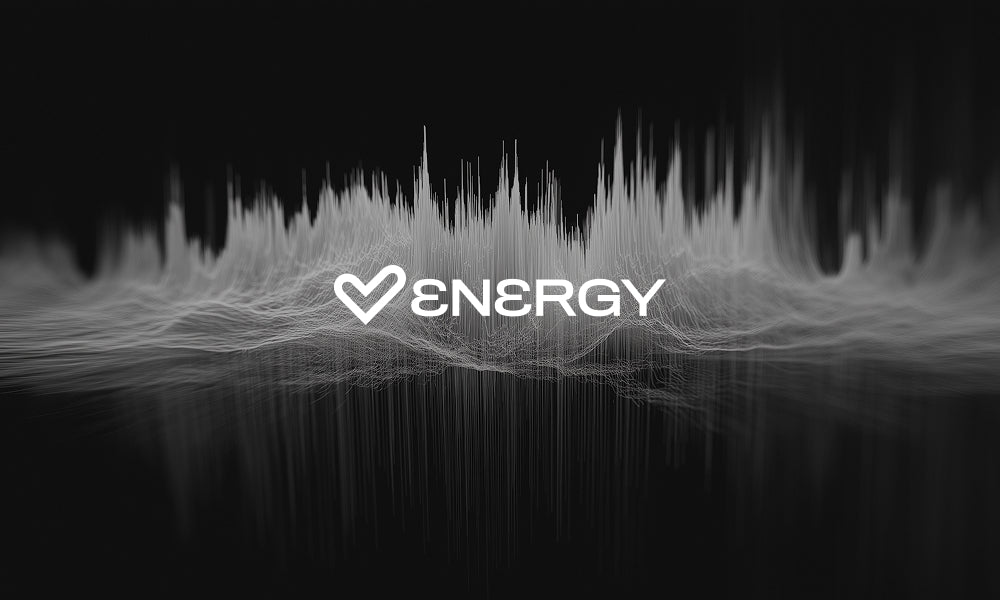The internet and social media have one great thing about them: anyone can freely express their opinion or point of view . But it's true that this can sometimes turn negative when it comes to unverified rumors that spread like wildfire. The easiest mistake to make on the internet is to assume at the slightest change that a piece of news is true and corroborated. It's happened several times that a rumor has gone viral on the internet only to turn out to be false.
That's why we at Energy have found Google 's new release, Fact-Check, to be very useful. This Google News tool allows us to check whether a fact is true or not . The fact-checking methodology is based on accessing data from the organization Schema.org and searching for the news on websites that follow accepted fact-checking criteria .
Fact-Check is currently live in the United States and the United Kingdom, so we'll just have to wait for the update to arrive soon.
With this tool we can avoid swallowing fake viral news like that of journalist Veerendar Jubbal .
In the meantime, if you want to read some fake but very funny news, you can visit El Mundo Today and have a laugh. :)
That's why we at Energy have found Google 's new release, Fact-Check, to be very useful. This Google News tool allows us to check whether a fact is true or not . The fact-checking methodology is based on accessing data from the organization Schema.org and searching for the news on websites that follow accepted fact-checking criteria .
Fact-Check is currently live in the United States and the United Kingdom, so we'll just have to wait for the update to arrive soon.
With this tool we can avoid swallowing fake viral news like that of journalist Veerendar Jubbal .
In the meantime, if you want to read some fake but very funny news, you can visit El Mundo Today and have a laugh. :)


Leave a comment
This site is protected by hCaptcha and the hCaptcha Privacy Policy and Terms of Service apply.